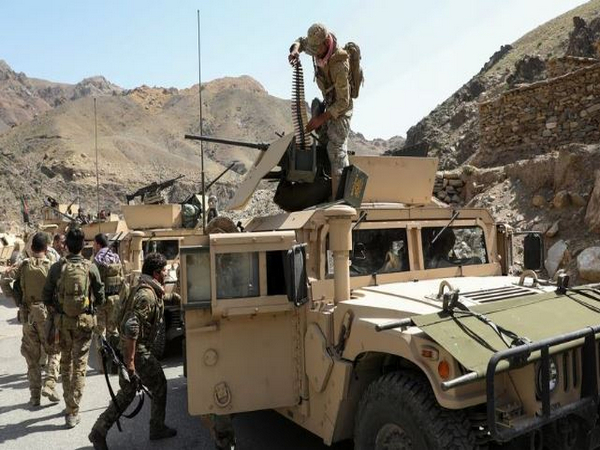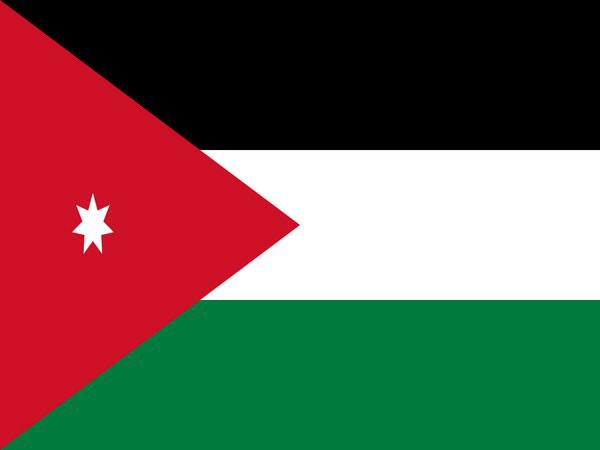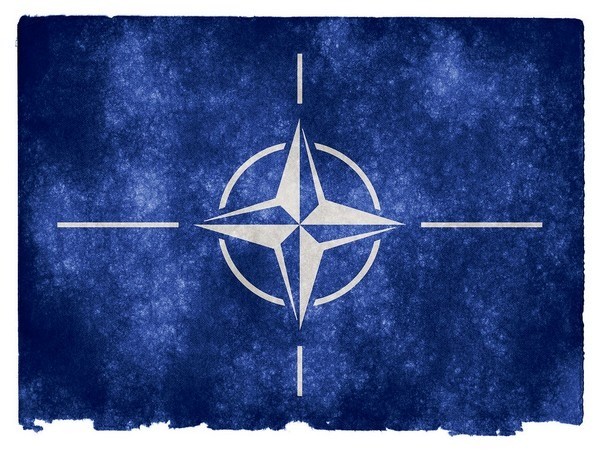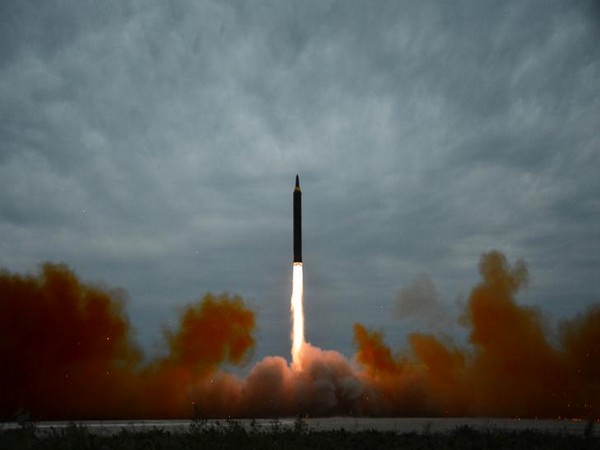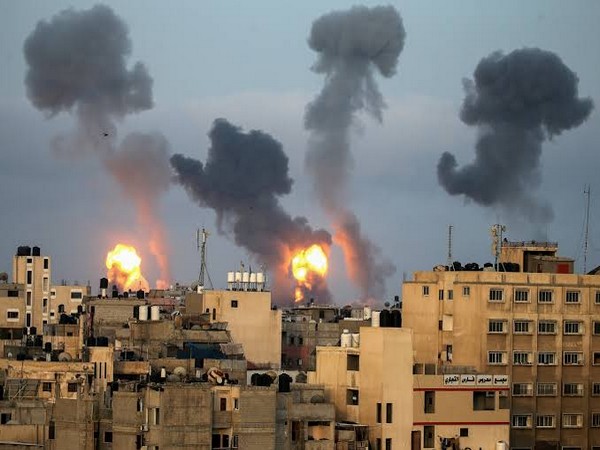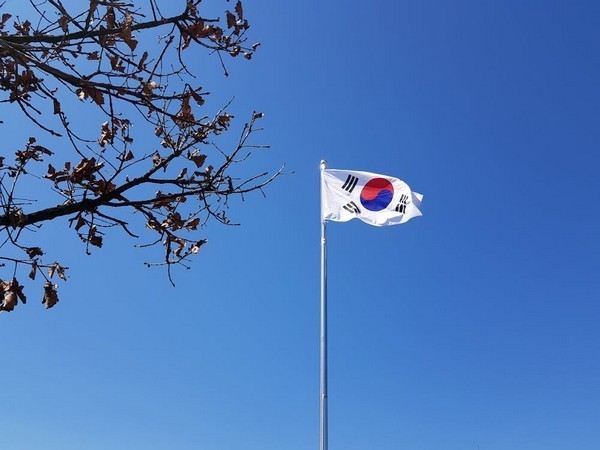Peace talks deadlocked, Middle East conflict more unpredictable
Aug 27, 2024
Gaza [Palestine], August27: No agreement was reached on August 25 during Gaza ceasefire talks in Cairo, Egypt, as both Hamas and Israel failed to agree to several compromises offered by mediators, Reuters reported.
No compromise
The main sticking point in the negotiations, now in their third week, remains Israel's demand to station troops on Gaza's southern border with Egypt, known as the Philadelphia corridor, while Hamas demands that Israeli troops withdraw completely from Gaza.
Mediators have offered several alternatives to the Israeli presence in the Philadelphia corridor and the Netzarim corridor in central Gaza, but none have been accepted by either side. Israel has also expressed concerns about some of the prisoners Hamas has demanded be released as part of the hostage swap. Tel Aviv wants them to leave Gaza if they are released.
The latest signs point to a similar collapse in the talks. A senior US official described the talks as " constructive" in recent days and said they would continue discussions this week. Meanwhile, senior Hamas official Osama Hamdan said the group would not accept new terms set by Tel Aviv, denying US reports that a deal was imminent. The Hamas delegation left Cairo on August 25 after talks with intermediaries.
Hamas has accused Israel of backtracking on its withdrawal commitments and undermining the ceasefire process by adding conditions, including screening Palestinians who want to return to northern Gaza after being displaced by fighting. Hamas official Izzat al-Reshiq said any deal must include a permanent ceasefire and a complete Israeli withdrawal from Gaza.
Hezbollah's Calculation
Hezbollah leader Hassan Nasrallah made a televised speech on August 25, after Israel and Hezbollah launched large-scale airstrikes against each other. The attack was said to be in retaliation for the assassination of senior military commander Fuad Shukr by Tel Aviv in July.
Mr. Nasrallah explained that the delay of nearly a month in responding to Tel Aviv was because the group understood that Israel and the United States would prepare countermeasures immediately after the assassination of Mr. Fuad Shukr. In addition, Hezbollah wanted to wait for the results of the ceasefire negotiations in Gaza, as well as consider the moves of other factions in the "Axis of Resistance", including Iran, Palestinian armed groups and the Houthi movement in Yemen. The Hezbollah leader emphasized that the attack on Israel on August 25 was a unilateral act and that other allies would react to Tel Aviv in their own way.
Mr Nasrallah said the attack had identified the Glilot base as the main target, claiming it was the headquarters of Israel's intelligence unit 8200. The Tel Aviv military denied that the Glilot base was attacked, according to AFP.
Both Israel and Hezbollah considered the August 25 attack a great success. Israeli Prime Minister Benjamin Netanyahu stressed that the preemptive strike against Hezbollah was "not over," while Nasrallah said he could review the situation and attack Israel again.
Source: Thanh Nien Newspaper
